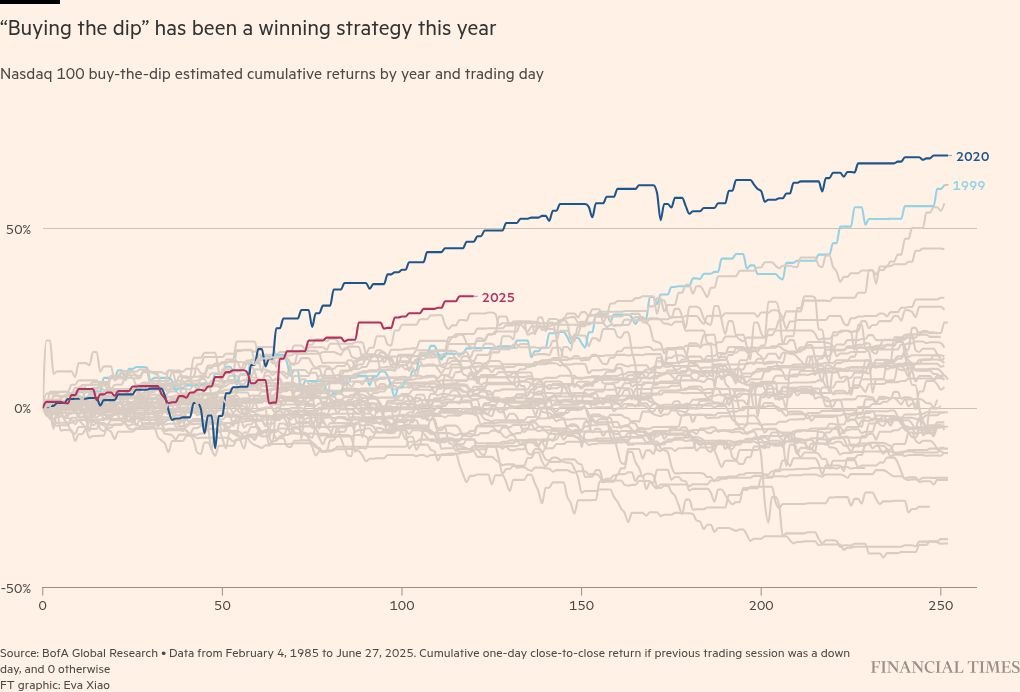In a post on X (formerly Twitter), Sharma questioned why the exchanges did not act sooner against Jane Street, even though they are among the first to receive trading alerts.
“How come the stock exchanges never sanctioned Jane Street? They are the very first to get such alerts,” Sharma wrote. “How can they sanction JS when it drives F&O volume massively, hence SE profits?”
‘Exchanges are not meant to chase profits’
Sharma, who has often criticised the structure of listed exchanges, renewed his call for a rethink of their role. According to him, exchanges function as quasi-regulators and should operate like public utilities — not profit-driven corporations.“I have long held that exchanges should NEVER get listed. They are a regulator. Profit motive creates endless conflict of interest,” he wrote. “SEs should be a utility, not for-profits. Simple as that. Nahi to, suffer all this hanky-panky.”

Live Events
Sebi vs Jane Street
On Friday, the Securities and Exchange Board of India (Sebi) passed an interim order accusing Jane Street, a U.S.-based proprietary trading firm, of using high-frequency trading strategies to manipulate index levels such as the Nifty 50 and Bank Nifty.
Sebi alleged that Jane Street pushed up index values in the morning by buying stocks and futures, only to reverse those trades later in the day, thereby influencing expiry-day pricing of options in its favour. The regulator said this allowed the firm to generate profits of over Rs 43,000 crore in index options, while deliberately incurring losses in the futures and equities segments.
Sebi has frozen Rs 4,843 crore in what it described as “unlawful gains” and barred Jane Street and its entities from accessing the Indian securities market until further notice.
Stock exchanges under scrutin
In its order, Sebi mentioned that stock exchanges had issued caution letters to Jane Street in the past. However, it remains unclear what further steps, if any, the exchanges took before Sebi stepped in with enforcement action.
Sharma’s remarks have drawn attention to this issue, especially since one of the two major exchanges—BSE—is a listed entity, while National Stock Exchange (NSE) remains unlisted but operates as a for-profit organisation.
The matter has sparked a broader debate about the role of exchanges in maintaining market integrity, particularly when sophisticated trading strategies and high-volume players are involved.
(Disclaimer: Recommendations, suggestions, views, and opinions given by the experts are their own. These do not represent the views of The Economic Times)







